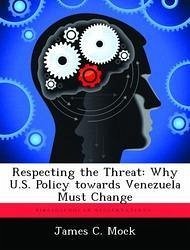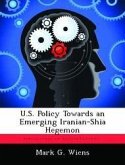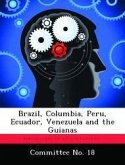This paper examines how Venezuela's President Hugo Chavez threatens U.S. interests in Venezuela and the Latin American region. It proposes the U.S. policy toward Venezuela must be changed in order to contain Chavez's current influence and power as well as deter Chavez's ability to threaten U.S. interests in three key areas: democracy, economics and regional security/stability. With regard to the threat to democracy, the paper addresses Chavez's efforts to dismantle checks and balances on the executive while strengthening executive power in the country. In looking at the economic threat, the paper examines Chavez's actions that could affect U.S. access to oil as well as his efforts to attack U.S. trade policies. In the final threat area, the paper examines how Chavez threatens regional stability/security due to his interventionist tactics, lackluster narcoterrorism efforts, military procurement and strategic alliances. The paper also addresses how other regional actors perceive the threat, how the balance of power and influence in the region drives the urgency of the threat and what are the most likely threat courses of action. Finally the paper proposes three policy recommendations for the U.S. to implement in order to more effectively address the Chavez threat. These include taking a pragmatic approach toward specific bilateral relations with Venezuela, working multilaterally with other regional actors and more effectively addressing social and economic inequalities in the region.
Hinweis: Dieser Artikel kann nur an eine deutsche Lieferadresse ausgeliefert werden.
Hinweis: Dieser Artikel kann nur an eine deutsche Lieferadresse ausgeliefert werden.








